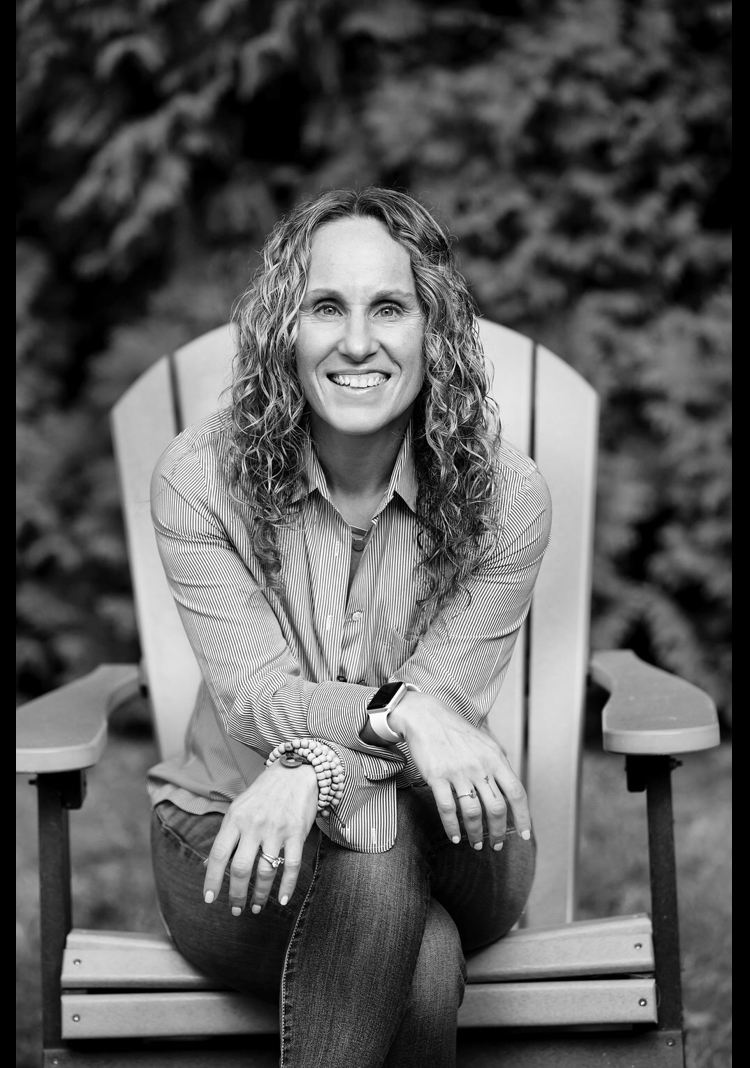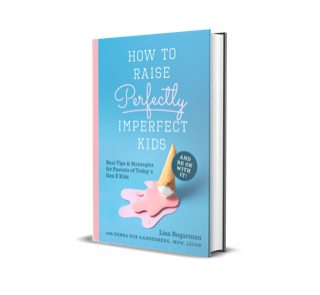It’s human nature to compare ourselves to the people around us. It just is. And there isn’t one of us out there who doesn’t do it on at least some level. Whether we’re ranking ourselves for how tall or short we are or scrutinizing our marriage against our best friend’s relationship, we’re all prone to comparing ourselves to other people. It’s just what we do. Unfortunately, that tendency to compare ourselves to the people around us only magnifies when we send our kids off to school.
Once we enter the world of The School System, we open ourselves, and our kids, to a whole new world of people and things that lend themselves to being compared against—like other moms and other dads and other kids. And that can be super-dangerous when we’re parenting differently than the other parents out there or when our kids are learning or progressing at a different speed than the kids around them.
If you want to experience the joy of watching your child develop in school, while also helping them grow up healthy and comfortable in their own skin, avoid the trap of comparing your kid to other kids—or yourself to other parents. Instead, embrace sending your kids off to school and exposing them (and yourself) to all of the other beautiful influences that are around you, because that’s where the magic happens. Just brace yourself hard against comparing how your kid learns versus the kids around them and know, going into the school experience, that the learning curve is super wide and everyone falls in a very different place along that curve.
Take it from a mom who’s already sent two kids out into the big world: the best thing you can do for yourself and your child is to celebrate their accomplishments and their milestones and their pace. Because when you focus the lens onto what everyone around them is doing, that causes stress and anxiety in your kids and turns the learning process into something negative instead of the positive experience that it’s supposed to be.
Parents are a child’s first teacher, but it’s not just up to us. Home, school, and community leaders educate our children. There is not just one part of the child that we need to grow; it is the whole child: academic, social, emotional, and behavioral.
Kindergarten is the Foundation
Look, it’s unlikely that your son will graduate from his kindergarten class knowing quantum field theory. Although if he does, then you might want to consider sending him directly to second grade. Or maybe grad school. But it is realistic to expect that most kids will leave kindergarten way more prepared for life than they were when they went in. That’s because, when you really break it down, the skills that our kids learn—that we learned—in that first real year of school are among the most essential skills we all need as we move through life.
Think about it—by the time most kids graduate to first grade, they will have learned the alphabet, how to write words and simple sentences, how to count and share, how to name shapes and sort and classify objects, how to tell time, name the seasons, and, most importantly, how to work collaboratively with the people around them—and all in roughly 180 days, which is some pretty epic learning as far as I’m concerned. Some won’t quite get to all of that, but others will go beyond their kindergarten curriculum. And that’s okay.
Granted, some kids will arrive on their first day of kindergarten already knowing a lot of this stuff, or at least knowing some, but the majority of these skills will be learned and honed during the ten months they spend in that first year of school. It’s these fundamental life skills that lay the foundation for everything that comes after. Like, everything. And that’s a good thing, a great thing actually. All of these little daily nuances they’re learning in the classroom—like manners and sharing and respect and not to pee on the circle time rug—will eventually trickle into their lives at home. And that makes our job a lot easier, because they’re being reinforced by someone other than us.
Ask anyone who’s spent any real time around young kids how quickly kids sponge up all the information around them and they’ll tell you it’s mind-blowing. While no two kids do it at the same speed, they are all learning an incredible amount of material and skills. I’ve watched it all first-hand. For years, when my own kids were in elementary school, I worked as an aide in kindergarten through third grade. The transformation I saw in those kids over the course of just those first few years in school was astounding. That’s because so many of them enter kindergarten incapable of something as simple (for grown-ups at least) as sitting quietly at a table or transitioning from arts and crafts to music. But by June, most of them have evolved to a place where they can transition successfully between activities, work collaboratively with their teachers and their peers, and think creatively. This is exactly why kindergarten and those early years in school are such critical years for our kids—because they’re learning the basic skills they need to adjust to being out in the real world.



